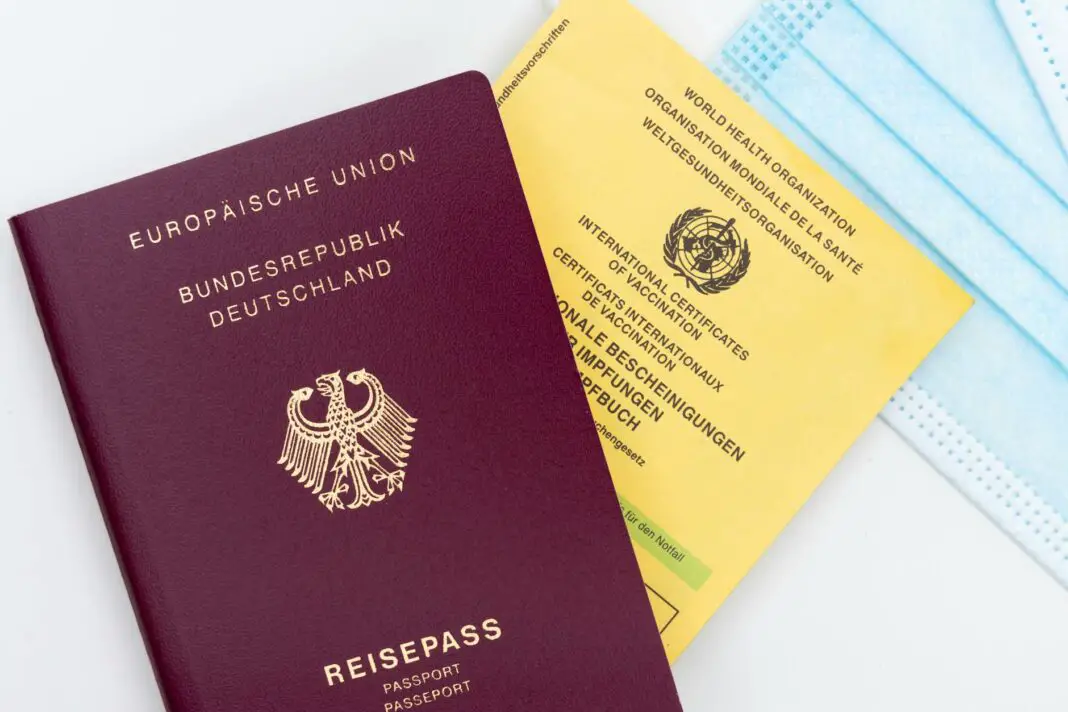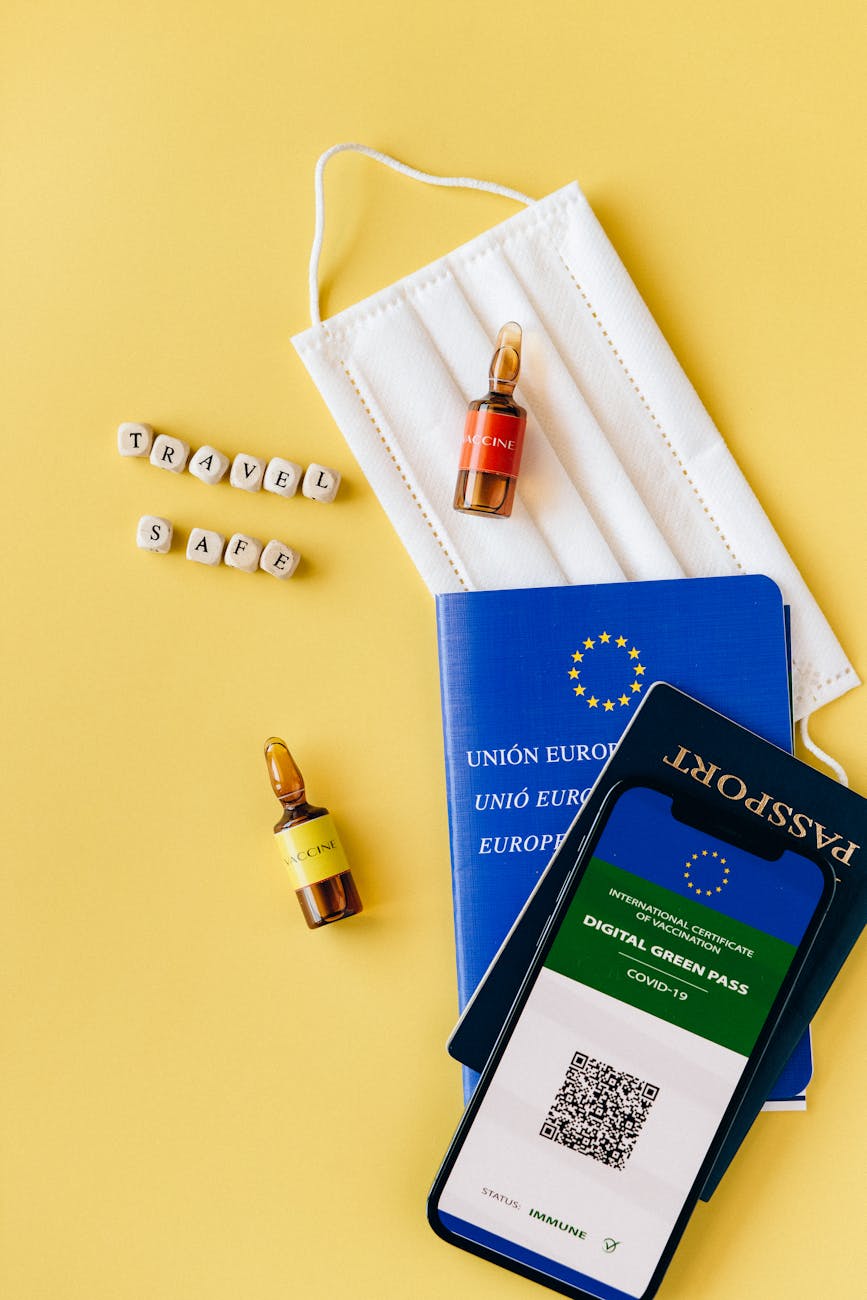Traveling to Thailand is not just a vacation; it’s an adventure filled with breathtaking landscapes, vibrant cultures, and delectable cuisine. However, as with any great adventure, unexpected health risks can crop up. Are you truly prepared for Thailand’s unexpected health risks? This guide not only navigates you through this beautiful country but also equips you with essential health insights that could make your trip smoother and safer.
From exploring the lush jungles of Chiang Mai to enjoying the stunning beaches of Phuket, Thailand boasts experiences that captivate the heart. Yet, amidst the breathtaking scenery and rich traditions, travelers must stay informed about potential health issues. With proactive measures and awareness, you can ensure that your journey remains vibrant and hassle-free.
Table of Contents
- Preparation is Key
- Common Health Risks in Thailand
- Essential Vaccinations
- Food and Water Safety
- Mosquito Control Measures
- Understanding Local Emergency Services
- Real-Life Examples of Health Scares
- Create a Health Plan
- Frequently Asked Questions
- Embracing Thailand While Staying Safe
Preparation is Key
Before stepping foot in this enchanting land, adequate preparation can make a world of difference. Get to know the climate, health facilities, and local customs. The more informed you are, the less your chances of facing unexpected issues. Pack a first-aid kit, and familiarize yourself with common medications in Thailand, as brands and formulations may differ significantly from home. Always have a list of vital contacts, including local hospitals and your country’s embassy.
Anticipating your needs and potential health risks before traveling can prevent emergencies from escalating. Consider subscribing to travel health insurance that specifically covers overseas adventures. Knowing that you have a safety net can provide peace of mind and enhance your overall experience. By preparing thoroughly, you position yourself to appreciate the wonders of Thailand fully, without nagging worries clouding your enjoyment.
Common Health Risks in Thailand
While Thailand is largely safe for tourists, certain health risks linger amid its beauty. Travelers should be particularly wary of conditions like dengue fever, chikungunya, and even rabies. These health risks, primarily transmitted through mosquito bites or animal contact, require a proactive approach. For instance, dengue fever is an increasing concern, given its prevalence in tropical climates. Awareness of symptoms like high fever, severe headaches, and joint pain can be life-saving.
Besides vector-borne diseases, other issues such as respiratory illnesses and skin infections can arise, particularly for those unfamiliar with the local environment. Infestations from animals, spoiled food, and unsanitary conditions can lead to additional health complications. Generally, maintaining hygiene and abstaining from risky behavior can significantly minimize these health concerns. Ultimately, staying alert and educated about the health landscape in Thailand is crucial for any traveler.
Essential Vaccinations
Consulting with a healthcare professional about vaccinations is essential before traveling to Thailand. Depending on your travel itinerary, recommended vaccinations include Hepatitis A and B, Typhoid, and Tetanus. Ensuring these vaccinations are up to date forms a vital part of preparing for your adventure. Certain areas, especially urban environments and rural locales, may have additional health hazards that warrant attention.
Moreover, consider vaccinations against Japanese Encephalitis if you plan to spend a significant amount of time in rural areas. It’s advisable to schedule vaccinations well in advance, as some take time to develop immunity effectively. Your travel health provider can provide tailored recommendations based on your unique health profile and plans, ensuring you’re armed against potential health risks when arriving in Thailand.
Food and Water Safety
Delight in the culinary symphony that Thailand presents, but remain vigilant about food and water safety. Risky food choices can lead to travel-related illnesses, primarily characterized by stomach upsets. To safeguard your enjoyment, stick to freshly cooked meals, avoid street food that appears unsanitary, and always drink bottled water or boil tap water when necessary. An emphasis on proper hygiene, including washing hands regularly, is crucial. Always be conscious of where you’re eating and choose established establishments to avoid falling ill.
Moreover, when indulging in delicious street food, try to observe how the food is prepared. High-temperature cooking often kills harmful bacteria. The more aware and cautious you are about your food choices, the healthier your travel experience will be. Incorporating these food safety measures not only safeguards your health but also heightens your appreciation for Thailand’s rich culinary offerings.
Mosquito Control Measures
Thailand’s tropical climate provides a perfect breeding ground for mosquitoes, which can transmit dangerous diseases. Therefore, incorporating mosquito control measures into your routine is essential. Use insect repellent with DEET and wear long-sleeved clothing, especially during dusk when mosquitoes are most active. Additionally, utilizing mosquito nets in areas where they are prevalent enhances your protection while sleeping. Simple practices such as keeping doors and windows closed and using screens can make a significant difference.
Furthermore, maintaining awareness of your surroundings, especially in rural or forested areas, reduces the risk of mosquito bites and potential diseases. In areas with known outbreaks, consider staying indoors during peak biting hours to enhance your defense against these pests. By being proactive about mosquito control, you can create a healthier travel environment and fully embrace the joys of Thai culture.
Understanding Local Emergency Services
Being knowledgeable about local emergency services can significantly impact your health experience in Thailand. Familiarizing yourself with the nearest hospitals, clinics, and emergency numbers ensures you can access timely medical care if the need arises. Thailand’s healthcare system is generally equipped to handle a variety of health concerns, but locating the right facility swiftly is crucial. Many hospitals in metropolitan areas offer high-quality care, often meeting international standards.
Mobile application tools can assist you in locating the nearest medical facilities and understanding their services. Keep your country’s embassy contact information handy, as they can offer guidance in case of medical emergencies. The more informed you are, the quicker you can react if issues arise, boosting your confidence as you navigate this mesmerizing country.
Real-Life Examples of Health Scares
Learning from others’ experiences can be highly beneficial. Many travelers have encountered health scares while abroad, and sharing these examples can prepare future visitors for similar situations. For instance, one traveler fell ill from eating from a street vendor and ended up with food poisoning, leading to an unplanned hospital visit. This scenario serves as a reminder to prioritize food safety while enjoying the vibrant street food culture.
Another traveler encountered a dengue outbreak in a popular tourist area. They shared their story of how they remained vigilant with repellents and protective clothing, ultimately avoiding illness while enjoying their trip. These anecdotes reinforce how preparation, awareness, and vigilance can significantly impact your travel experience. By learning from each other, we can collectively improve our understanding of the potential risks and how to avoid them.
Create a Health Plan
Designing a personalized health plan guarantees that you are well-prepared for your trip. Start by compiling a list of necessary vaccinations and prescriptions to take with you. Include a checklist of essential medical supplies, like pain relievers, specific medicines, and any dietary supplements. Document any potential health conditions that may arise in your itinerary and have a plan to handle them.
Moreover, integrating regular health check-ins during your trip can contribute to your overall safety. Make it a habit to assess how you feel and adjust accordingly. Preparing a flexible health plan enables you to adapt to any situation that might arise, thus ensuring a more enjoyable experience while exploring Thailand’s breathtaking beauty.
Frequently Asked Questions
What vaccinations should I take before visiting Thailand?
It is advisable to take vaccinations against Hepatitis A and B, Typhoid, and Tetanus. Additional vaccinations, such as Japanese Encephalitis, may be necessary based on your travel plans.
Is the food safe to eat in Thailand?
Yes, but exercise caution by choosing freshly cooked meals and drinking bottled or boiled water. Observing cleanliness at food stalls can significantly decrease your risk of foodborne illnesses.
What should I do if I feel unwell while in Thailand?
If you feel unwell, seek medical attention promptly. Familiarize yourself with local healthcare facilities and have emergency contact numbers at hand to ensure you receive timely care.
Embracing Thailand While Staying Safe
Your trip to Thailand can be both thrilling and fulfilling as long as you stay informed about potential health risks. By preparing adequately, maintaining awareness of local health concerns, and adopting smart practices, you can explore this beautiful country while minimizing risks. Embrace the stunning landscapes, engaging cultures, and mouth-watering cuisines without letting health issues overshadow your adventure. The experiences you gather will be memories to treasure for a lifetime, and with the right preparation, your travel journey can lead to unforgettable stories.
Image Credit: Pexels





